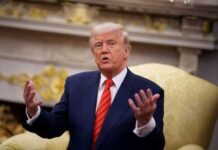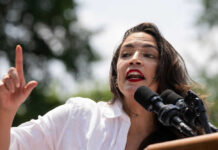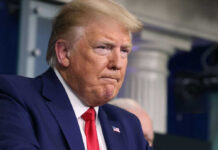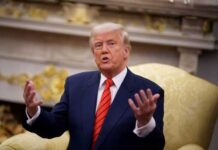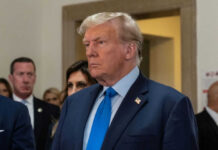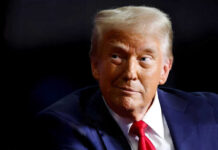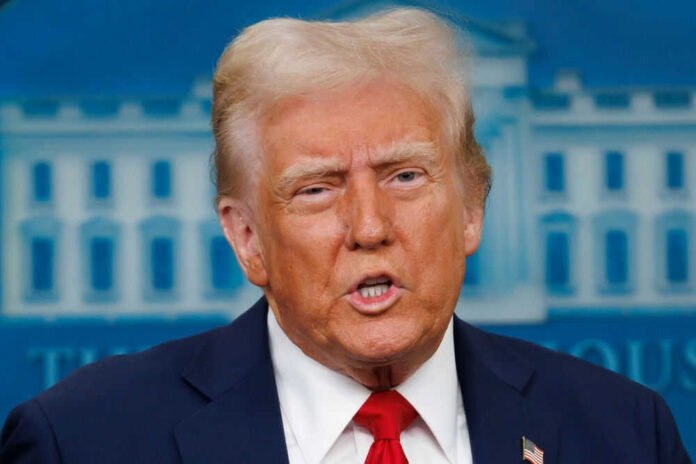
(LibertyInsiderNews.com) – Even President Trump, often at odds with the press, found the Pentagon’s new media restrictions too extreme.
Story Snapshot
- The Pentagon’s new rules demand journalists get approval for sensitive reports.
- Journalists face losing credentials if they don’t comply with the rules.
- Media organizations and press freedom advocates criticize these restrictions.
- President Trump reportedly expressed concern over the severity of these measures.
Pentagon’s New Media Guidelines
The Pentagon introduced new regulations requiring journalists to receive approval before publishing sensitive military information. These measures threaten journalists with credential revocation if they do not comply. The rules, introduced in late 2020, sparked immediate backlash from media organizations and press freedom advocates, who argue that this represents an unprecedented overreach into press freedom.
The restrictions emerged amid heightened scrutiny of government transparency during the Trump administration. Critics argue that the policy undermines the public’s right to know and sets a dangerous precedent for future administrations. Despite the Pentagon’s defense of these measures as necessary for national security, widespread criticism continues.
Trump’s Unusual Position
President Donald Trump, known for his contentious relationship with the media, reportedly questioned the extremity of the Pentagon’s new restrictions. This unusual stance highlights the severity of the guidelines, as even Trump, a frequent critic of the press, found them excessive. His reported discomfort suggests potential internal conflicts within the administration regarding the balance between security and transparency.
The Pentagon’s policy has drawn bipartisan criticism, with media organizations and advocacy groups voicing their concerns. The controversy highlights the ongoing tension between the need for national security and the constitutional right to a free press, a central debate in American democracy.
Impact and Implications
In the short term, these restrictions could have a chilling effect on military reporting, increasing tension between the Pentagon and the press. In the long term, they might set a precedent for future administrations, potentially leading to further erosions of press access and transparency norms. The media’s ability to hold the government accountable could be significantly hampered, impacting public trust.
Legal challenges and advocacy efforts are expected to increase as press freedom groups continue to campaign against these restrictions. The Pentagon’s approach could influence other government agencies, encouraging similar restrictive measures. This situation underscores the critical importance of maintaining a balance between national security and the freedom of the press.
Copyright 2025, libertyinsidernews.com




